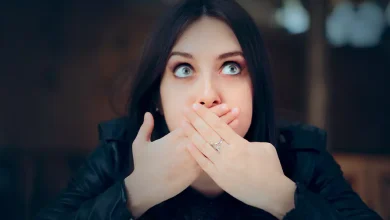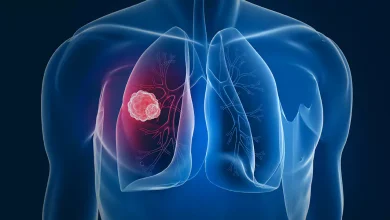All About Phobias
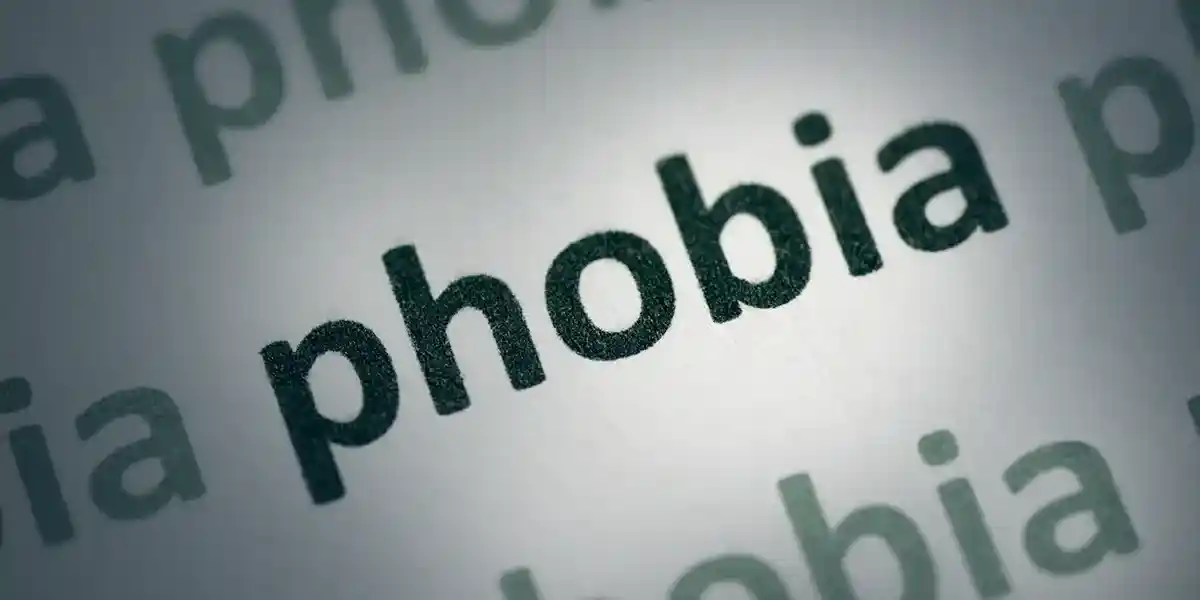
What are Phobias?
A phobia is when you experience anxiety or fear or anxiety that is so extreme that it persistently and overwhelmingly affects your life. Phobias are a form of anxiety disorder, and there is a single diagnosis for almost all of them: specific phobia. Only one phobia known as agoraphobia, needs a specific diagnosis. For instance, if you are not in a position directly involving your phobia, you can notice that the fear is much more extreme than it should be but knowing it doesn’t change the way you feel. If you experience something that triggers your phobia, you will experience overwhelming fear or anxiety. You may be able to keep functioning, but doing so will be quite difficult.
What are the Types of Phobias?
Some of the most common phobias classified include:
Animals
- Arachnophobia (Fear of Spiders).
- Cynophobia (Fear of Dogs).
- Entomophobia (Fear of Insects).
- Ophidiophobia (Fear of Snakes).
Natural environment
- Acrophobia (Fear of Heights).
- Agoraphobia (Fear of Public Spaces).
- Aquaphobia (Fear of Water).
- Astraphobia (Fear of Thunder and Lightning).
Blood, medical procedures, or injuries
- Algophobia (Fear of Pain).
- Dentophobia (Fear of Dentists).
- Hemophobia (Fear of Blood).
- Trypanophobia (Fear of Needles).
Situations
- Aerophobia (Fear of Flying).
- Amaxophobia (Fear of Driving).
- Claustrophobia (Fear of Enclosed Spaces).
- Nyctophobia (Fear of the Dark).
Other
- Coulrophobia (Fear of Clowns).
- Emetophobia (Fear of vomiting).
- Pyrophobia (Fear of Fire).
- Trypophobia (Fear of Clusters or Groups of Holes).
Agoraphobia
Agoraphobia is a fear of being stuck in situations where escape may be difficult or if things go wrong then help would not be available. A large number of people think that agoraphobia is simply a fear of open spaces, but in reality, it’s a more complex condition. People with agoraphobia might have a fear of travelling on public transport.
Agoraphobia needs a separate diagnosis because it might have various potential triggers. A diagnosis of agoraphobia requires you to experience multiple types of triggers.
What are the Symptoms of Phobias?
The symptoms of phobias can be classified into physical, mental, and behavioural symptoms.
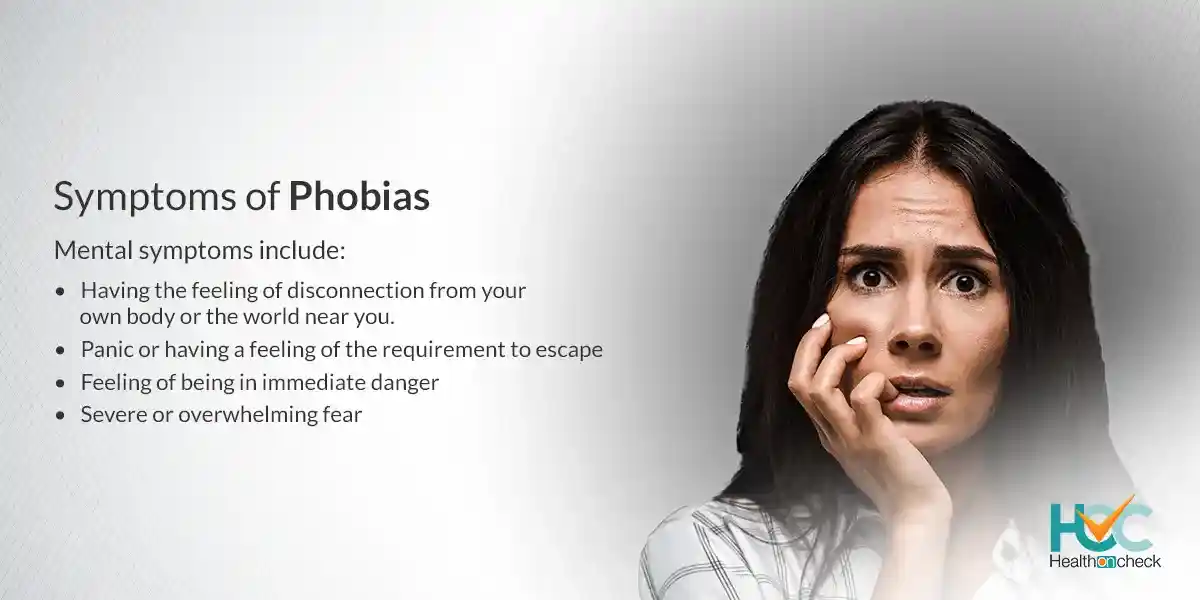
Mental symptoms include:
- Severe or overwhelming fear.
- Panic or having a feeling of the requirement to escape.
- Feeling of being in immediate danger.
- Having the feeling of disconnection from your own body or the world near you.
Physical symptoms include:
- – Change in heart rate and activity.
- – Sweating
- – Feeling hot or chills.
- – Trembling or shaking.
- – Nausea
- – Upset stomach
- – Stomach pain.
- – Tightness in your chest.
- – Chest pain.
- – Difficulty in breathing
- – Feeling smothered.
- – Feeling dizzy or lightheaded.
- – Fainting.
- – Pallor (blood rushing out of your face).
- – Narrowed vision.
Behavioural symptoms include:
- – Taking extreme measures to avoid triggers.
- – Deliberately moulding your lifestyle to avoid triggers.
- – Avoiding life changes, especially positive ones to avoid possible triggers.
Phobia symptoms in children include:
- Crying.
- Throwing tantrums or displaying emotional outbursts.
- Freezing (holding still).
- Clinging or being inseparable from someone with whom they feel safe.
What are the Causes of Phobias?
Phobias occur when your brain takes fear and anxiety to severe levels. Under normal circumstances, these emotions might be protective and helpful. These are your brain’s way of giving you a warning that there might be something wrong and you can be (or at present are) in danger. However, researchers are still not able to understand why these emotions sometimes turn into phobias. But several factors might contribute to creating a phobia including:
Traumatic experiences: Some traumatic experiences that happened to you or you have seen happening to someone else.
Genetics: Some specific forms of phobias are more likely to occur among people with relatives having that type of phobia.
Informational transmission: Some phobias might occur due to things you learn about or things you see or hear repeatedly.
Learned fears: People may learn about the phobias or fears of other people and might develop a phobia because of it. It may be a cause in people with overprotective parents and more likely to have specific phobias.
What are the Risk Factors of Phobias?
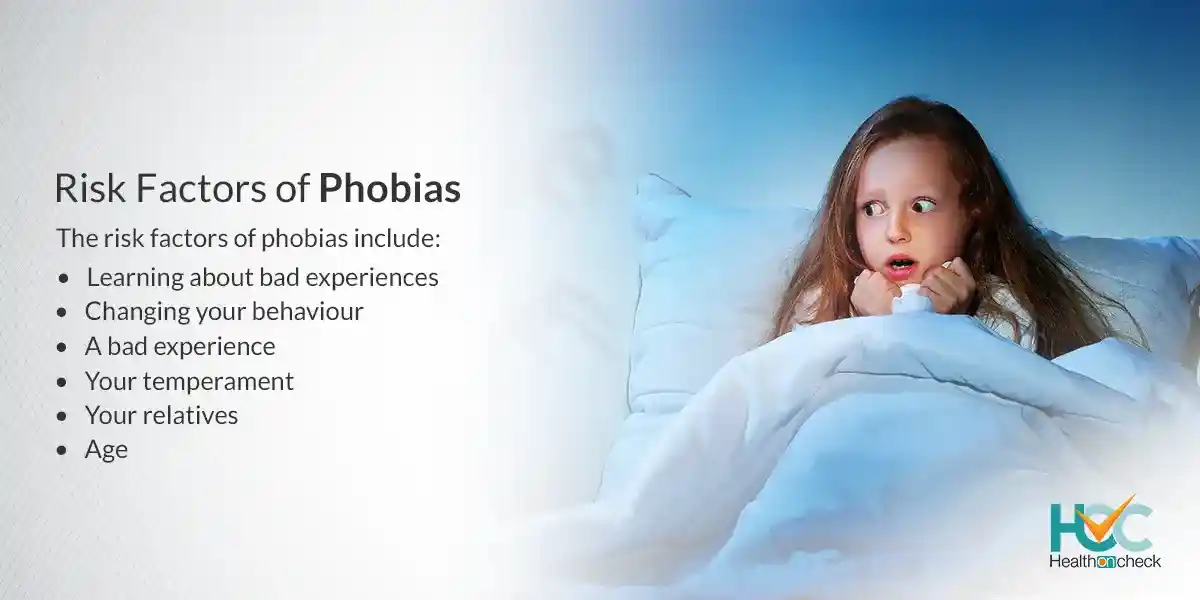
The risk factors of phobias include:
Age: Some people may develop certain phobias for the first time when they are a child, usually by age 10 but they can appear later in life also.
Your relatives: If you have a family member with a specific phobia or anxiety, then you’re more likely to develop it too. Sometimes children might develop certain phobias by watching a family member reacting to a specific object or a situation.
Your temperament: You have an increased risk of developing a phobia if you are more sensitive to anxiety or you’re more reserved or negative than usual.
A bad experience: If something distressing happens to you, like being trapped in an elevator or attacked by an animal, then your risk of developing specific phobias increases.
Learning about bad experiences: If you hear about bad experiences, like a plane crash, then it might trigger a specific phobia to begin.
Changing your behaviour: Avoidance is the most typical way people deal with phobias but by doing so, their anxiety usually worsens.
What are the Complications of Phobias?
Even though certain phobias may look silly to others, they can be damaging and stressful to the people having them. These phobias may result in problems affecting various areas of life.
They can lead to:
Social isolation: Avoiding places, situations, and objects you fear can lead to problems at work or school, or your relationships with others. Children with these disorders have an increased risk at school and getting lonely. They may also face problems in social situations if their behaviours are very different from their peers.
Mood disorders: Most people with certain phobias might develop mental health issues such as depression and anxiety disorders.
Substance misuse: The stress of living with an intense specific phobia might result in the misuse of drugs or alcohol.
Suicide: Some people with specific phobias have suicidal tendencies.
Strain on loved ones: Family members and close ones of people with phobias might experience stress and tension.
How Phobias are Diagnosed?
A mental health professional, including a psychiatrist or psychologist, can diagnose and treat specific phobias.
To diagnose a phobia, your mental health care professional might:
- Discuss with you about the risk factors you may have.
- Ask questions about your symptoms, along with examining your medical, mental health, and social history.
- Discuss with you about the places, situations, and things you’re avoiding because of your fear.
What are the Treatment Options Available for Phobias?
A form of therapy called exposure therapy is the best treatment for specific phobias. Sometimes your doctor might also prescribe you other therapies or medicine. Knowing the cause of a phobia is less important as compared to focusing on treating the avoidance behaviour you developed over time.
Treatment aims to improve your quality of life so that you’re no longer limited by your phobias. When you start learning how to manage your responses, thoughts, and feelings better, your anxiety and fear will start reducing and no longer control your life. Usually, one specific phobia is treated at a time.
Talk therapy: It involves talking with a mental health professional who will help you manage your specific phobia. The most effective treatments include:
Exposure therapy: It focuses on changing your response to the place, thing, or situation that is causing your phobia. Slow but repeated exposure to the source of your specific phobia, and the connected thoughts, sensations, and feelings may help you learn to control your anxiety. For instance, if you have a phobia of elevators, your therapy might develop from just thinking about getting into an elevator, to looking at pictures of elevators, to going near an elevator and getting into an elevator. After these, you may take a one-floor ride, then several floors, and then ride in a crowded elevator.
Cognitive behavioural therapy (CBT): It involves gradual exposure which is combined with other forms to learn how to view and deal with the feared object or situation in a different way. You learn how to deal with your worries and put up with uncomfortable feelings. Cognitive behavioural therapy (CBT) helps you learn to create a sense of mastery and confidence with your thoughts and feelings in the place of feeling of overcoming them.
Medicines: Generally, exposure therapy is quite effective to treat specific phobias but sometimes medicines can help to decrease the anxiety and panic symptoms you experience from thinking about or being exposed to the place, situation, or object you fear.
Medicines might be used during treatment at first or for short-term use in specific, and sometimes for encountered situations, including flying on an airplane, public speaking, or going through an MRI procedure.
These medicines include:
Beta-blockers: These drugs help to block the stimulating effects of adrenaline, including increased heart rate, pounding heart, high blood pressure, and trembling voice and limbs caused by anxiety.
Sedatives: Medicines known as benzodiazepines make you relaxed by reducing your anxiety. Sedatives should be used with caution after consulting with doctors because they can be addictive. You should not use them if you have a history of alcohol or drug abuse.
Living with Phobias
Many feel that having a phobia is a major drawback or a sign of weakness, but it isn’t. Phobias are common and anyone can be affected by it, irrespective of age or background. An extreme fear can make life difficult and affect your daily life. If anxiety starts affecting your life negatively, your performance at school or work, or in social situations, consult a mental health professional. And the sooner you get medical help, the more likely that treatment will be effective. Just like there is nothing wrong if you seek medical help for a physical condition, there’s nothing wrong with seeking help from a mental health professional for a phobia.
Whom to Consult?
If you have or feel that you may have a phobia, you should consult with a mental health provider. With proper treatment, you will be able to find ways to manage — or even overcome — your phobia.

